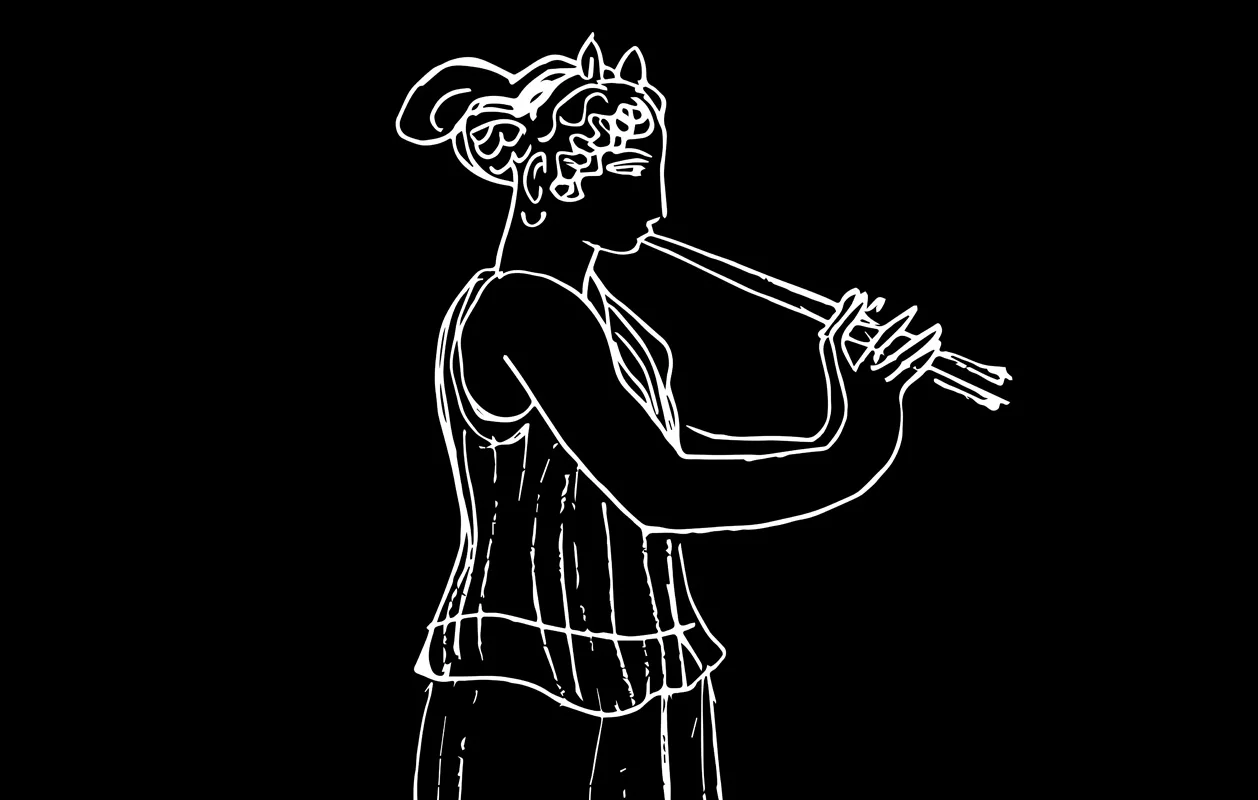Bone fragments discovered at Selinunte have enabled archaeologists to reconstruct an aulos – a wind instrument that played a central role in the religious and social life of the Ancient Greek world.
Selinunte was an Ancient Greek city of Magna Graecia (Greek speaking areas) on the south-western coast of Sicily in Italy. According to the Athenian historian Thucydides, the city was founded by a colony from the Sicilian city of Megara Hyblaea during the 7th century BC.
Excavations of Temple R in the southern section of the main urban sanctuary revealed two fragments identified as belonging to an aulos, a wind instrument often depicted in ancient art.
According to experts, the fragments date from the 6th century BC and belong to the so-called “early type,” a classification aligned with similar instruments found in both mainland Greece and its western colonial settlements.
Archaeologists suggest that this particular instrument was likely used in rituals to honour Demeter, the Olympian goddess of the harvest and agriculture, presiding over crops, grains, food, and the fertility of the earth.
Using advanced digital scanning methods within the research methodology of the TELESTES project, musicologist Angela Beliia created a 3D-printed replica of the aulos, paving the way for innovative research in both its structural analysis and the exploration of its acoustic properties.
“These data and comparisons will help us to increase our knowledge of Ancient Greek music, particularly in the western polis of Selinus, where the importance of instrumental and choral activities is indicated by the discovery of musical instruments and other sound objects, along with sculptures, painted vases, and terracotta figurines from both sanctuaries and necropoleis that feature musical representations,” said Beliia.
Header Image Credit : Shutterstock
Sources : Archaeological Park of Selinunte





